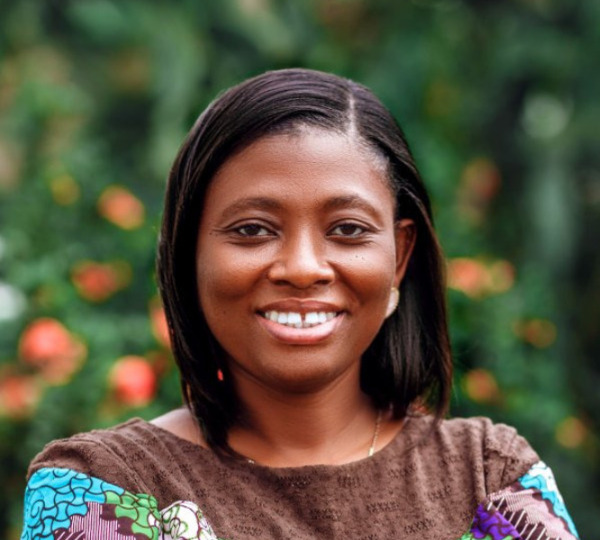
African migration narratives presented in daily discourses have focused on the negative aspects of migration, such as trafficking, smuggling, displacement, and even death. Current narratives on migration dominant in the international and eurocentric context view Africans as passive and non-responsive towards migration issues. This perception is unfounded and does not present the entire context of migration on the continent.
African Narratives on Migration recognise migration as a central historical, social and cultural phenomenon that has shaped the evolution of the continent at any given point in time. Africa’s history is incomplete without the migration experience of the people on the continent even before colonial rule, and migration continues to shape the social realities of post-independent African states. Since pre-colonial Africa, migration has been a fundamental aspect of socialisation, self-fulfilment, and improvement. The colonial influence on the continent sought to impose borders and curtail migration and the mobility of persons, linking it to agendas that served the purposes of colonial empires.
Africa has consistently voiced its interests, sometimes directly and, at other times, indirectly –there has always been African migration narratives which have unfortunately been consistently misrepresented by western policymakers and scholars; the negative narratives have forcefully influenced the narratives on African migration. For instance, the African Union’s (AU) 2006 African Common Position on Migration and Development was a significant indication of how Africa comprehends and perceives migration. Africa also had a common negotiating position for the Global Compact on Migration (GCM) and the Global Compact on Refugees (GCR). Regrettably, none of the points raised in the document were adopted in the GCM and the GCR. Both the GCM and the GCR portray Africa as a producer of troublesome or nuisance migrants (Crawley and Setrana, 2021). However, African migration narratives do not project migration as synonymous to problem to be resolved.
The unequal power relations between the West and Africa in knowledge production is a reality. The views of African migration scholars are not acknowledged and taken up at the international level when it comes to policy negotiations. African researchers/intellectuals are hardly acknowledged for their contribution. As Africans, we are known for our good data collection skills, but who recognises data collectors and how do African scholars join the intellectual debate when they do not have access to the data collected?
What used to be the most critical element in the African migration narrative which has been endangered by EU externalisation policies is the free movement of persons and goods - the arbitrary institution of borders altered this feature of free movement. The African Union’s recognition of the problems these borders have left and continue to create on the continent has necessitated the Union to call for an urgent borderless continent. The African Union Border Programme (AUBP) came to be – uniting and integrating Africa through peaceful, open, and prosperous borders. Since African countries gained independence, the borders drawn during the colonial era in rivalries between European countries and their scramble for territories in Africa have been recurrent sources of conflicts and disputes. Recognising these challenges, the African Union and its members decided to focus on how to remove barriers to build unity and solidarity among its member states. Unfortunately, this dream is struggling to see the light of day because of the persistent influence of European Union (EU) externalisation policies. Indeed, by transcending the borders as barriers and promoting them as bridges linking one state to another, Africa could boost the ongoing efforts to integrate the continent, strengthen its unity, and promote peace, security, and stability through the structural prevention of conflicts. For example, instead of securitizing borders in the Sahel, which appears to respond primarily to European security imperatives, the narrative on African migration acknowledges the reality of thousands of years of trading across the Sahara Desert.
Prof. Mary Boatemaa Setrana is an Associate Professor and Director of the Centre for Migration Studies, University of Ghana. She is the IDRC forced displacement chair for West Africa. Mary is also an Advisory Board member of the African Research Universities Alliance (ARUA) Centre of Excellence on Migration & Mobility and the Centre for Forced Migration in Boston University, USA. She is currently the Program Affairs and Innovative Officer for the International Association of Forced Migration Conference Committee (IASFM). She is the country lead for the Link4Skills Horizon Europe funded by EU and a Core partner on two ARUA projects and a member of the consortium working on the following projects: Migration Decisions and the COVID-19 Pandemic project funded by Swiss Government; GCRF South-South Migration, Inequality and Development Hub, funded by UKRI. She has published in social inclusion, Journal of Ethnic and Migration Studies, Migration Studies, International Migration, Journal of Development Studies, and African Studies Review among others. She has facilitated migration and other sectoral (labour and diaspora) policymaking in Botswana, Zimbabwe, Zambia and Malawi and Ghana. She is currently leading the evaluation of the Migration Policy Framework for the African Union.
